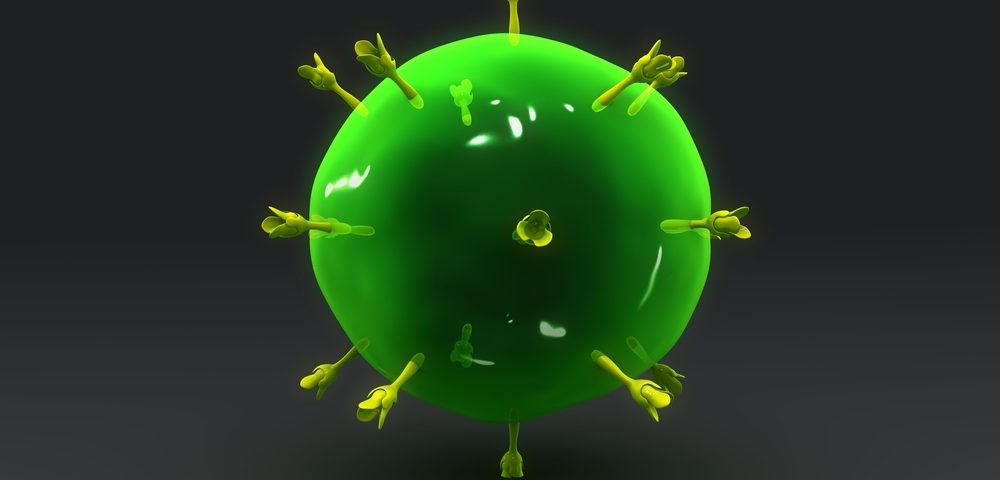The U.S. Food and Drug Administration has granted Investigational New Drug (IND) status to the use of engineered, high-affinity natural killer (haNK) cells in cancer patients, allowing NantKwest to move this therapy into a Phase 1 clinical trial in humans.
“We are thrilled to have received notification from the FDA that our first haNK cell therapy program has been authorized to proceed into Phase 1 clinical trials and are focused on moving swiftly to begin this study,” Patrick Soon-Shiong, MD, chairman and CEO of NantKwest, said in a news release.
“The FDA’s authorization to initiate this clinical trial achieves a significant milestone for NantKwest as we begin clinical investigation of the use of haNK cell therapy for the treatment of cancer in a wide range of cancer types.”
A variety of antibodies are used boost the immune system’s ability to detect and attack cancer cells with high specificity. These antibodies, which promote what is known as antibody-dependent cell-mediated cytotoxicity (ADCC), bind to proteins that are specific to cancer cells, working as a flag that recruits immune cells to kill them.
But immune cells require specific receptors to recognize those flags with high affinity, which are present in only 10 percent of patients.
“As only about 10 [percent] of patients are born with the high affinity CD16 receptor, we believe the potential for haNK cell therapy to improve patient outcomes for the other 90 [percent] of the patient population and become part of the standard-of-care for cancer patients is very compelling,” Soon-Shiong added.
Indeed, NantKwest’s haNK cell therapy platform was designed to include the high affinity CD16 receptor, along with the IL-2 protein — which stimulates the immune cells — in natural killer cells, which are a subtype of immune cells that mediate immunity and can recruit T-cells.
In preclinical studies, adding haNK to a variety of therapeutic antibodies induced stronger responses than when the antibody was used alone, providing proof-of-concept that haNK could be used to improve a variety of therapies.
The company now plans to initiate its first-in-human Phase 1 clinical trial, assessing high affinity haNK in cancer patients. It is believed to be the first-ever trial evaluating genetically engineered, allogenic, off-the-shelf natural killer cells in these patients.
The QUILT-3.028 study (NCT03027128) will enroll up to 16 patients with metastatic or locally advanced solid tumors to determine the safety and effectiveness of haNK cell therapy administered intravenously once a week. The primary endpoint is safety of the therapy and the determination of a maximum tolerated dose. Secondary endpoints include objective response rate, progression-free survival, and overall survival.


